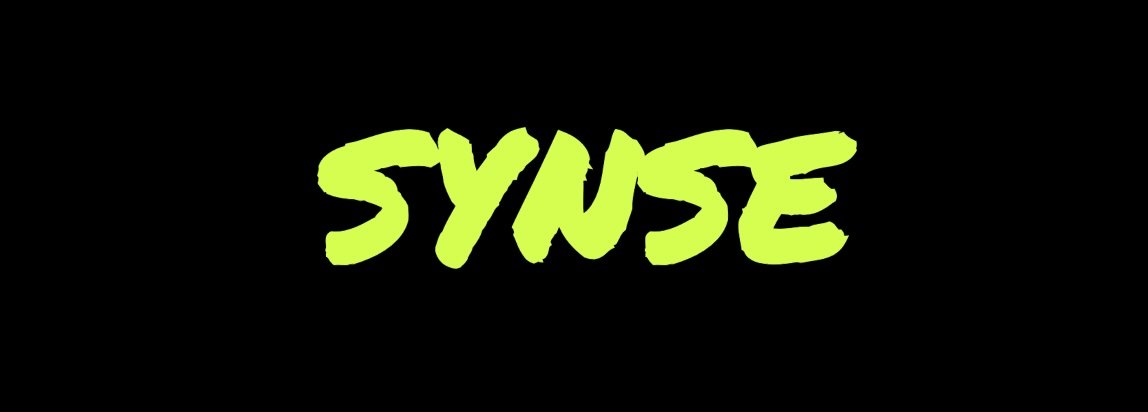The New Era of Solution Selling
Synse Strategies’ Consultant’s Perspective
In today’s fast-moving and increasingly competitive market, a sales team’s success hinges on more than just product knowledge—it requires a deep, strategic understanding of customer pain points, industry trends, and competitor positioning. With over a decade of experience launching businesses, guiding startups, and shaping sales strategies, I’ve seen firsthand how solution selling has evolved.
Sales professionals are no longer just product experts; they must be trusted advisors who guide prospects toward the right solutions with confidence and insight. Whether consulting for early-stage companies or scaling established brands, I’ve helped teams refine their approach to solution selling—ensuring they not only close deals but build lasting customer relationships.
Mastering Solution Selling: The Key Pillars
1. Know Your Product—And Your Market
Understanding your company’s offerings inside and out is no longer enough. Today’s best sales professionals have a deep awareness of their industry landscape, competitive alternatives, and the factors influencing buyer decisions.
From my time securing six-figure contracts in the SaaS and digital government space to mentoring startups through the University of Missouri-Kansas City’s Entrepreneurial Scholars program, I’ve learned that product knowledge is only half the battle. The real competitive advantage comes from positioning your product as the best fit in a crowded marketplace.
2. Qualify Prospects With Precision
Time is a limited resource. I’ve worked with growth-stage companies at the Enterprise Center of Johnson County, helping them refine their sales process by ensuring they target the right buyers. A well-qualified prospect meets three essential criteria:
• Need: Do they have a problem your product can solve?
• Budget: Can they afford your solution?
• Authority: Do they have the power to make the decision?
By refining your prospecting strategy and focusing only on high-potential leads, you shorten the sales cycle and increase conversion rates.
3. Diagnose Before You Prescribe
A common mistake in sales is jumping into a pitch too soon. Imagine a doctor handing you a prescription without asking about your symptoms—would you trust their diagnosis?
The same principle applies to sales. Effective solution selling starts with asking the right questions:
• What specific challenges are you facing?
• How are these challenges impacting your business?
• What have you tried before, and what worked (or didn’t work)?
I’ve applied this methodology across industries, from advising SaaS startups on product-market fit to helping municipal governments adopt digital transformation strategies. When sellers take the time to listen, they position themselves as problem-solvers rather than just vendors.
4. Present Benefits, Not Features
Customers don’t buy features—they buy solutions. Instead of focusing on technical specs, emphasize how your product directly addresses the prospect’s pain points.
For example, when I led product development strategies at Subi LLC, we didn’t just highlight our app’s functionality; we framed it as a tool for driving customer engagement and increasing revenue. That approach secured a top-three placement among 100 early-stage startups in Missouri.
5. The Solution Selling Funnel: A Consultant’s Approach
Over the years, I’ve refined a structured, high-impact approach to solution selling. Here’s how I guide sales teams to optimize their process:
1. Prospect: Identify high-fit buyers based on market analysis.
2. Qualify: Ensure alignment between need, budget, and authority.
3. Diagnose: Conduct deep discovery to uncover challenges.
4. Engage Decision Makers: Involve key stakeholders early.
5. Demonstrate Value: Connect the dots between your solution and their business outcomes.
6. Present a Tailored Solution: Focus on benefits, not just features.
7. Negotiate Strategically: Create win-win outcomes.
8. Close the Deal: Ask for the business confidently.
9. Nurture the Relationship: Encourage repeat business and referrals.
Solution Selling vs. Consultative Selling: Finding the Right Fit
While solution selling focuses on offering a tailored solution, consultative selling is about deep discovery and advisory-based engagement. In reality, the best sales professionals integrate both.
In my consulting work with startups and corporate teams, I often blend these methodologies based on the company’s goals, customer base, and industry. If you’re selling a complex B2B solution, a consultative approach can help establish long-term trust. If you’re in a competitive market with well-informed buyers, a solution-selling framework might work better.
The Evolution of Solution Selling
The Harvard Business Review once claimed “The End of Solution Sales”, citing that buyers today complete nearly 60% of the purchasing process before speaking to a sales rep. So, where does that leave sales professionals?
The reality is that solution selling isn’t dead—it has evolved. Modern sellers must:
• Be product experts but also industry strategists.
• Use data-driven insights to inform customer conversations.
• Act as trusted advisors rather than just information providers.
At Synse LLC, the consulting agency I founded, I help businesses refine their sales approach by combining data analysis, competitive intelligence, and buyer psychology to create an impactful, modern sales strategy.
What’s Your #1 Sales Challenge?
Every sales team faces unique hurdles. Whether it’s refining your qualification process, improving close rates, or aligning product positioning with customer needs, the right strategy makes all the difference.
I’d love to hear from you—what’s the biggest challenge in your sales process today? Let’s connect and strategize solutions that drive real growth.
